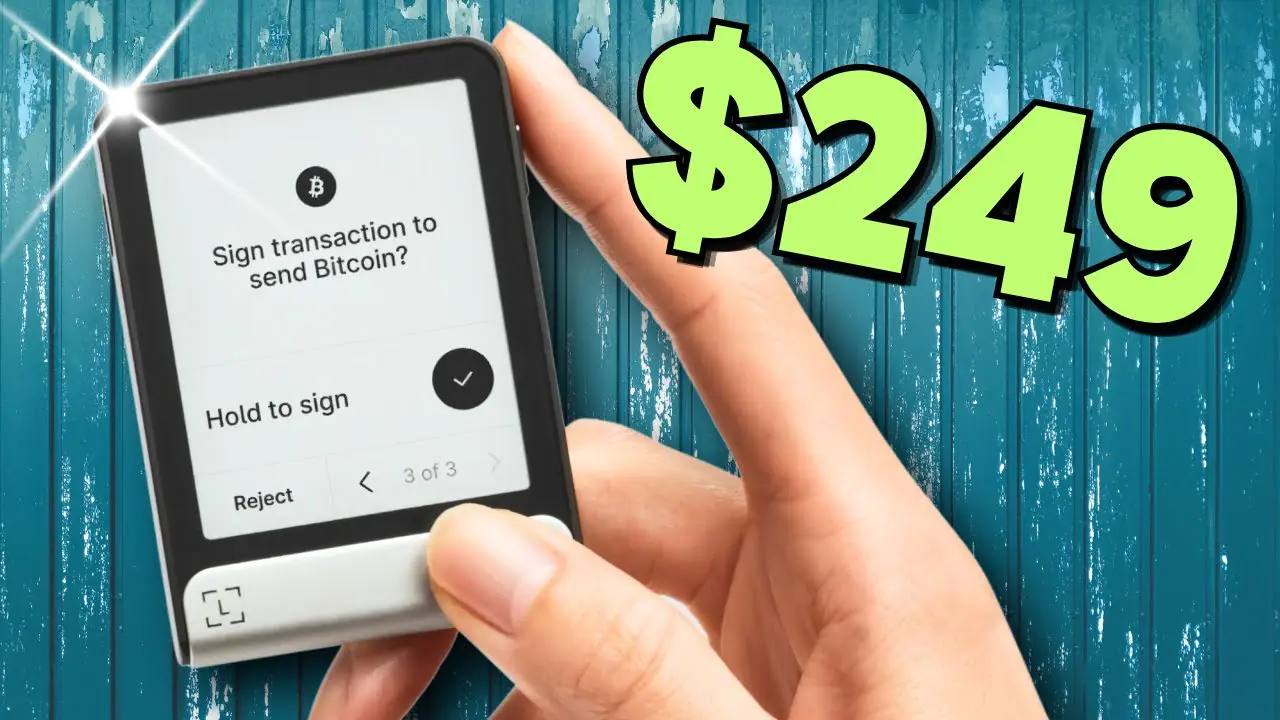Key Takeaway
The Ledger Flex is by far the best hardware wallet on the market. At a reasonable price, this hardware wallet has unmatched build quality, top notch security, the best crypto app, endless token support and tons of additional features. Couldn’t recommend it more!
- Unboxing
- Ledger Flex: This Device Is Next Level
- Ledger Flex Is A Long But User-friendly Setup
- Ledger Live App: Best Crypto Wallet Experience
- Ledger Flex Supports Tons Of Tokens
- Ledger Security: Next Level, But At What Cost?
- Ledger Flex Reputation & Reviews
- Ledger Flex Vs. Other Crypto Wallets
- Final Thoughts: Best Budget Hardware Wallet
What‘s Inside The Box?

Ledger Flex: This Device Is Next Level

The Flex is Ledger’s largest wallet, yet still compact enough to carry around. The weight feels just right, not too light, but not too heavy to fatigue the hand.
The device is a huge step up in design compared to the smaller Nano models. An aluminum frame and plastic back cover give it a solid, premium feel without being too bulky.

The curved edges allow for easier holding, and also give the device a sleeker look.
Gorilla glass protects the 2.84” E Ink touchscreen from scratches and glare. The screen itself uses 16-grayscale technology, removing the chance of colors.
Seems just like an e-reader.
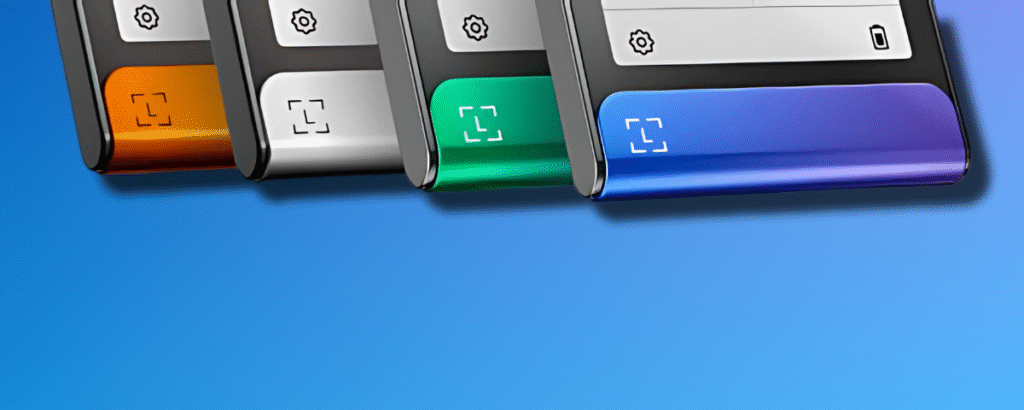
As for device color options, choose between graphite, BTC Orange, Solana edition, Nepture blue and Oxidate green.
Ledger Flex Is A Long But User-friendly Setup

It has to made clear that Ledger gives the most clear and detailed setup instructions of any hardware wallet brand.
Firstly, download Ledger Live from the app store.
Choose the Flex option, and it will then start searching for he device.
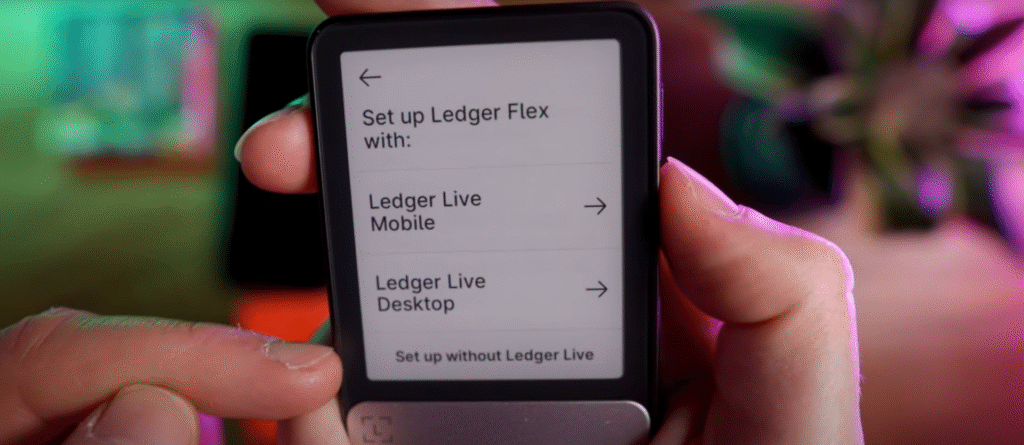
Ledger Flex can be set up in the following ways: Ledger Live mobile, Ledger Live Desktop or set up without Ledger Live.
Choose Ledger Live Mobile.
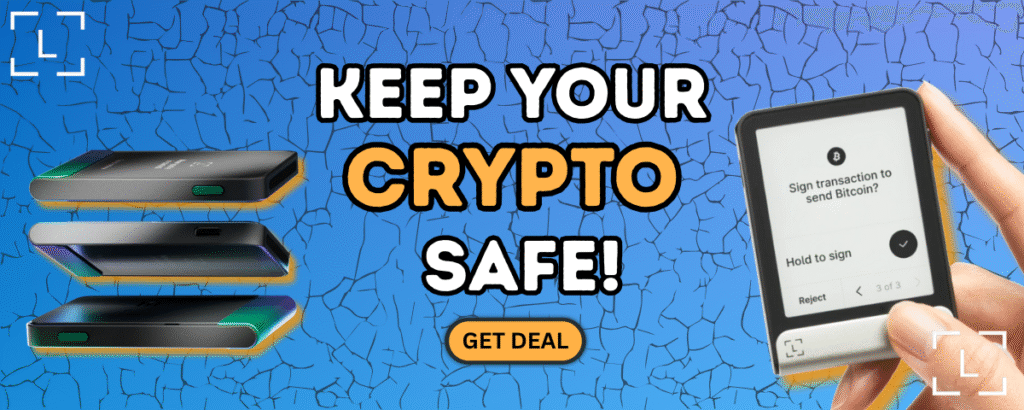
Next, connect your device to the Flex using bluetooth.
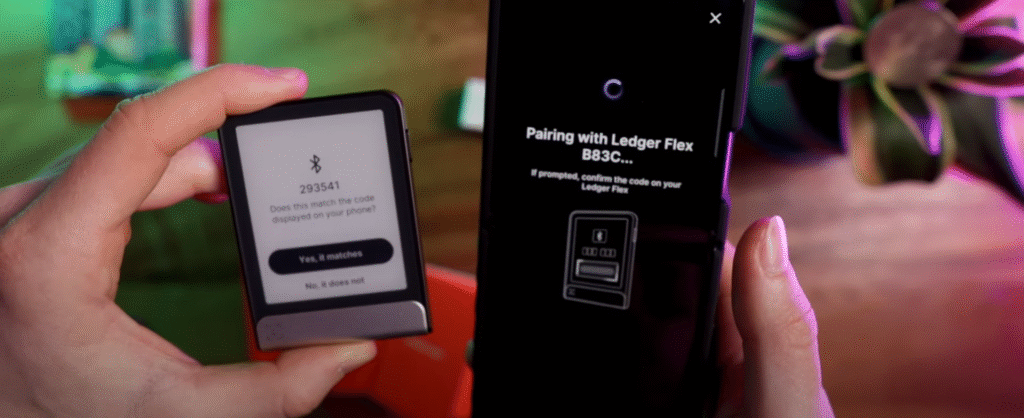
Afterwards, the wallet will perform a genuine check, ensuring the authenticity of your Ledger device.
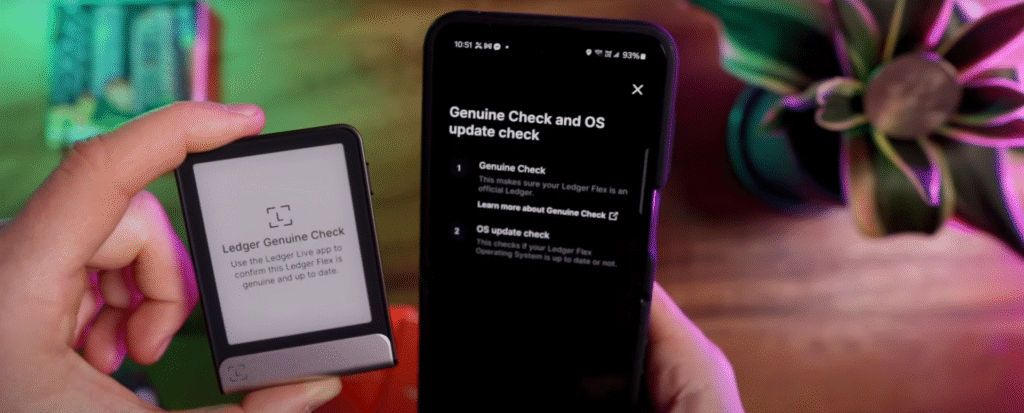
Then wait for the Operating System update to run.
One cool feature with the Flex is naming the wallet, which I called ‘Aldaron’.
And add a pin code to stop brute force attacks.

Select set up as a new ledger.
Now we get to the seed phrase part. This 24 word sequence is randomly generated by the Flex.

Confirm all 24 words, and the app will start downloading sepate apps for Bitcoin and Ethereum.
Ledger Live App: Best Crypto Wallet Experience
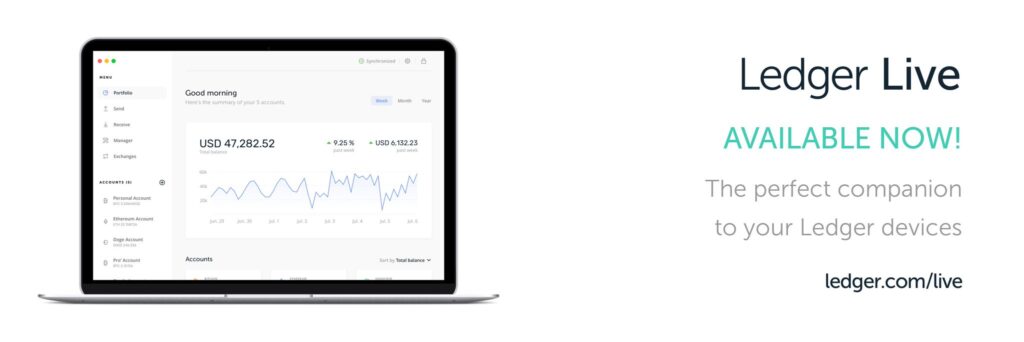
Ledger Live is the best hardware wallet companion app, with a superior user interface and experience. Tons of effort has been put into all aspects of making this app great for all users, and it shows.
View crypto assets, such as tokens and NFTs.

Users can also stake to earn yield, buy, sell, swap and receive.
Clicking the ‘Discover’ tab has many different 3rd party dapps such as 1 Inch, Moonpay and others that can be connected to for more options.

Unique to the Flex and Stax, add a screensaver, turn the device into a security and explore the plethora of additional features.
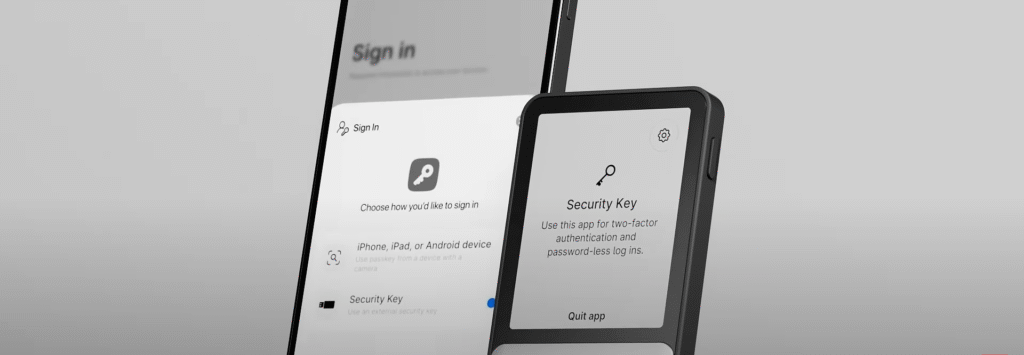
And about data tracking, anyone can turn off analytics and personal experience data, which is something that we’ll do for peace of mind.
Ledger Flex Supports Tons Of Tokens
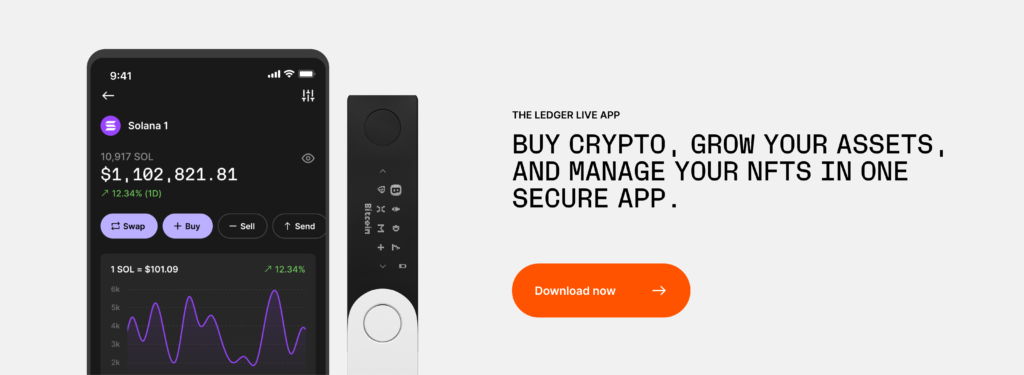
The Ledger Flex is compatible with 50+ wallets for managing thousands of tokens, DeFi apps, and Web3 assets.
At the moment, NFT support is only for Ethereum and Polygon but there are rumors that Solana NFTs are coming soon.
Ledger Security: Next Level, But At What Cost?
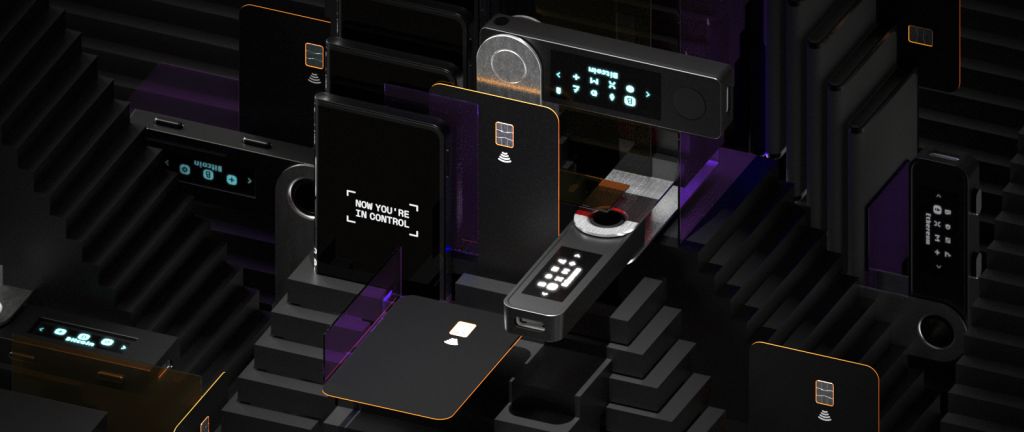
Let’s start off by stating no Ledger devices have ever been hacked. Period.
An immaculate track record being in crypto security for over 10 years now.
The Ledger FLex rocks an EAL 6+ certified secure element chip from ST Microelectronics (ST33K1M5) to handle complex cryptographic tasks such as generating private keys.
The device also contains a MCU chip which handles basic functions such as movement commands, and uses Ledgers custom operating system called BOLOS.
Now, we cannot discuss Ledger security without discussing some negative events occurring over their 10 year history.
In brief, here’s what you need to know:
July 2020: A security breach of resulted in the theft of 1 million customers’ emails.
December 2022: 20,000 Ledger Stax preorders at full payment were delayed for over a year until May 2024.

October 2023: Ledger Recover, a seed backup service, was criticized for it’s KYC requirement.
December 2023:Researchers claim that Ledger Live software collects and transmits a surprising amount of user data to its analytics provider.
March 2025: Ledger Donjon, the company’s in-house white hat hacking group, posted a controversial article criticizing their long term rival Trezor’s new devices Safe 3 and 5 for having security flaws.
Currently only the Nano X has been independently certified by ANSSI, a French government standard for Cybersecurity Certification. The other wallets, including the Flex, are pending due to a time lengthy process.
Most of Ledger’s software products are open sourced. But Ledger’s operating system, BOLOS, is partially reviewable and verifiable due to their NDA agreement with the maker and provider of the secure element chip STMicroelectronics.
Ledger Flex Reputation & Reviews

Ledger was founded in 2014 in Paris, France. In 2016, the company launched their first model: Ledger Nano S.
Just recently in 2024, the Flex was released and has gained reputation since.
In terms of reviews, the wallet brand holds a shockingly low 2.9 out of 5 on trustpilot.com.
For the Ledger Flex device specifically, the wallet scored a 4.5 out of 5 on Amazon.com, 4.9 out of 5 on hardware-wallets.net and a 4.8 out of 5 on Bestbuy.com.
Here is what users are saying about the Ledger Flex:
To get a true representation of Ledger’s reputation, consult their socials, metrics and read what other users are saying.
To contact support, navigate to Ledger.com and click on ‘support’. After a few seconds, a chat icon will appear in the bottom right corner, with live agents available during normal working hours.
Ledger Flex Vs. Other Crypto Wallets
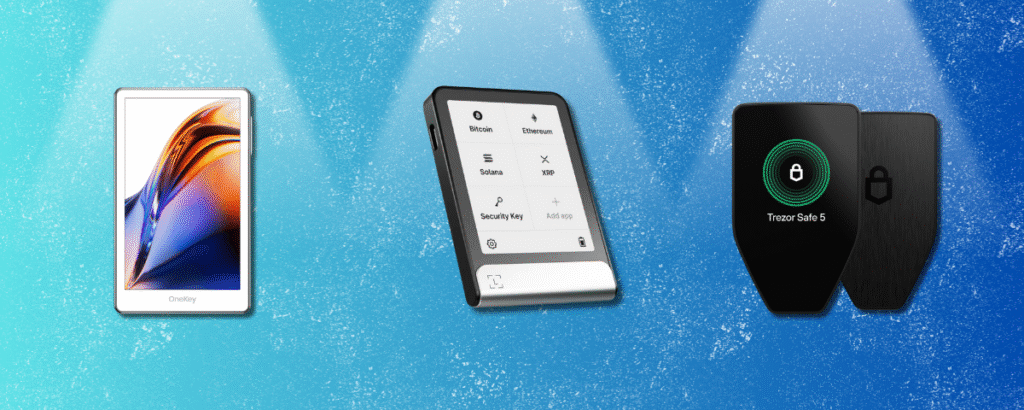
How does the Ledger Flex ($249) differ from other popular hardware wallets?
Ledger
- Ledger S Plus ($59): USB C only, small screen, less storage
- Ledger X ($149): battery powered, bluetooth or USB-C connection, smaller screen
- Ledger Stax ($399): essentially same as Flex, curved screen, label binding
Trezor
- Trezor Safe 3 ($79): USB-C only, 2 buttons, less token/NFT support
Tangem
- Tangem card ($50): NFC, less security, more portable
- Tangem ring ($160): NFC, less security, more portable
OneKey
- OneKey Classic 1S ($99): 4 buttons, bluetooth or USB C, lower quality build and screen
Coolwallet
- Coolwallet Go ($69): NFC, less security, more portable
- Coolwallet Pro ($149): battery, small screen, clunky, slow, more portable
Safepal
- Safepal S1 ($50): QR codes for transactions, slower transactions, lower build quality
Cypherock
- Cypherock X1 ($149): USB-C only, joystick, 4 card backups, worse app, lower build quality
Secux
- Secux Neo X ($179): bulky, worse app, lower build quality
Final Thoughts: Best Budget Hardware Wallet

There’s simply no device similar to the Ledger Flex. It literally puts a smile on my face each time it turns on.
The hardware wallet has superior build quality, the best app and tons of token support.
Ledger is also continuously stress testing not only Flex and Ledger line, but other competitors devices to improve security standards across the board.
So should you buy a Ledger Flex?
If you’re stuck deciding on a Ledger device, in my opinion it’s worth paying a bit more than the Nano X for a larger screen, enhanced usability, and additional security features such as NFC security key.
And then add custom lock screens along with clear signing, and the decision is simple.
Frankly speaking, this device is currently the best hardware wallet at this price point on the market right now – until proven otherwise.
If you want to grab one, check my link below.
For more in-depth breakdowns like Ledger Flex, explore other crypto reviews on the site.
Thanks for reading and catch ya in the next review!
What’s the difference between Ledger Flex and Stax?
Other than price, there’s only an aesthetic difference. Ledger Stax has a curved screen, which allows users to label it with the name of their wallet (think of the binding title on a book) and displays the battery life.
Functionality wise, tech and security is the same.
Is Ledger open sourced?
Ledger is 95% open source. The only part that’s not is their operating system BOLOS, due to an NDA agreement signed for the secure element chip manufacturer ST Electronics. This is common in the hardware wallet industry.
Is Ledger S Flex compatable on all devices?
Yes, any device from Mac to Windows and iOS to Android should work.
What if I lose my Ledger Flex device?
The generated seed phrase is the key to recovering your crypto, not the device itself. All crypto assets are stored on the blockchain.
What is the expiry or shelf life of the Ledger Flex?
According to Ledger’s own blog, screened devices only last about 3-5 years mainly due to the battery life. My original Ledger S only lasted 5 years to confirm.
Is Ledger safe and secure?
Yes, just be cautious. Ledger security is top notch. Ensure you don’t connect to any dodgy links, websites or share your seed with a person or camera.

